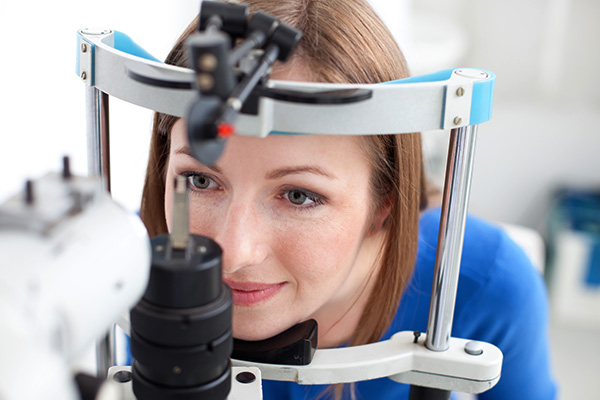
For many people, vision problems can be corrected with glasses, contact lenses, or surgery. But for those living with low vision, these solutions may not fully restore eyesight. Understanding what low vision is, its causes, and the treatments available can help you or a loved one manage this condition more effectively.
What Is Low Vision?
Low vision refers to a significant visual impairment that cannot be corrected with traditional eyeglasses, contact lenses, or surgery. Individuals with this condition may experience blurry or hazy vision, loss of central or peripheral vision, difficulty seeing in low light, or challenges recognizing faces and reading. Because it affects daily activities, low vision requires specialized care to help patients adapt and maintain independence.
What Causes Low Vision?
Low vision is usually the result of damage to the eyes or certain medical conditions. Common causes include:
Age-related macular degeneration (AMD)
Glaucoma
Diabetic retinopathy
Cataracts (especially when untreated)
Eye injuries or genetic conditions
Since these conditions often progress gradually, early detection through regular eye exams is essential to slowing vision loss.
Is Low Vision Treatable?
While low vision itself cannot usually be reversed, many treatments and strategies can help individuals maximize their remaining vision. Treating the underlying cause, such as controlling diabetes, managing glaucoma, or removing cataracts, may help slow further deterioration. However, the primary focus of low vision care is improving quality of life through vision rehabilitation.
The Role of Low Vision Aids
Low vision specialists can recommend tools and techniques to make everyday life easier. These may include:
Magnifying devices for reading and close-up work
Specialized eyeglasses or filters to reduce glare
Electronic aids, such as screen readers or text-to-speech devices
Adaptive lighting solutions to improve visibility at home
Training on how to use peripheral vision more effectively
With the right combination of aids and rehabilitation, many patients can continue to perform daily activities, maintain independence, and enjoy life.
Discover Your Options for Better Sight
Low vision doesn’t have to mean giving up the things you love. While it may not be fully curable, with early detection, management of underlying conditions, and the use of specialized low vision aids, you can continue to live a fulfilling life.
Schedule an eye exam with InSight EyeCare and learn how we can help you or your loved one manage low vision effectively. Visit our office in Houston, Texas, or call (713) 462-2010 to book an appointment today.





